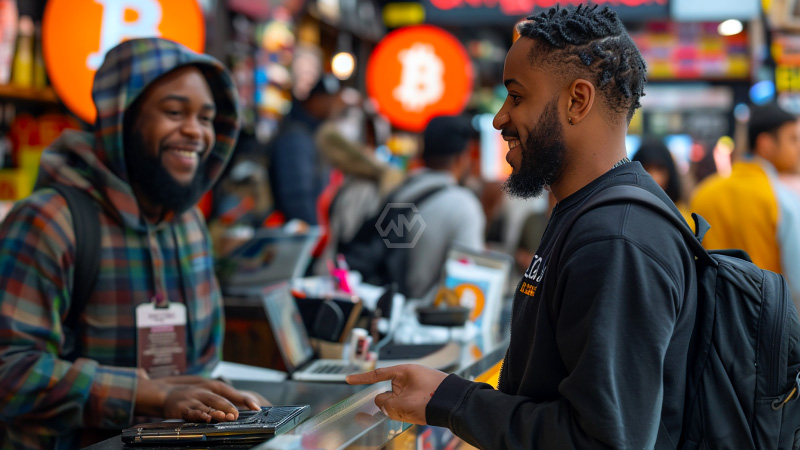- Limited knowledge and regulatory confusion remain top barriers.
- Poor tech infrastructure hinders real-world adoption in key regions.
- Targeted education and stablecoins offer a path forward.
While cryptocurrency offers a promising solution for cross-border trade and inflation protection in Africa, many merchants remain hesitant due to knowledge gaps and technical barriers.
In addition, regulatory uncertainty adds another layer of complexity. Countries like Nigeria and Kenya have introduced new frameworks, but inconsistent laws across the continent leave merchants unsure of their legal standing.
Overcoming the Cryptocurrency Knowledge Divide Among African Merchants
One of the most persistent challenges is the lack of crypto-specific education. Without clear guidance on setting up wallets, understanding private keys, or ensuring secure transactions, merchants often fear losing money. Many initiatives, including campus programs and blockchain bootcamps, are beginning to close this gap, but they remain underfunded and geographically limited.
Infrastructure issues compound these problems. While urban centers are gradually improving in digital connectivity, large portions of rural Africa lack access to reliable internet and power. Since most crypto transactions require smartphones and internet-based platforms, many merchants are excluded simply due to their location or limited access to technology.
Financial volatility is another major deterrent. Merchants operating on thin margins cannot afford the risks associated with sudden swings in cryptocurrency value. Even when stablecoins offer more reliability, access is often restricted by regulatory bottlenecks or limited liquidity on local exchanges, forcing many to rely on peer-to-peer methods that are less secure and harder to navigate.
On the brighter side, countries like South Africa are developing institutional frameworks to normalize crypto use, while Nigeria continues to lead the continent in retail crypto transactions. Efforts like wallet programs in Uganda and formal blockchain courses at universities show that education, when combined with practical access tools, can empower merchants to participate in the digital economy.
To unlock the full potential of cryptocurrency in Africa, a combined focus on education, infrastructure, and clear regulations is essential for empowering merchants.
“Education is the most powerful weapon which you can use to change the world.” – Nelson Mandela



